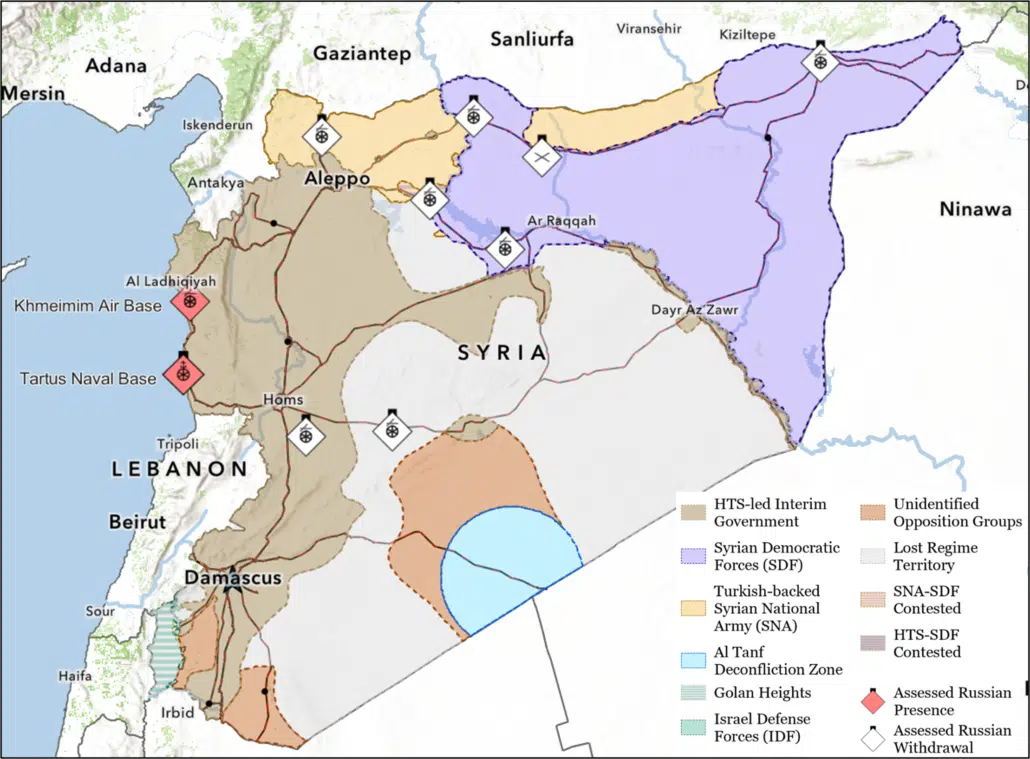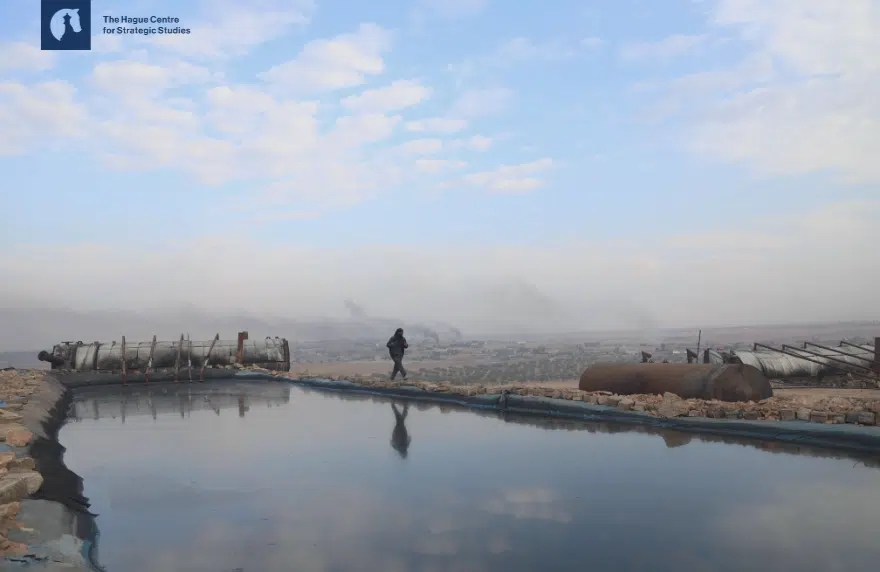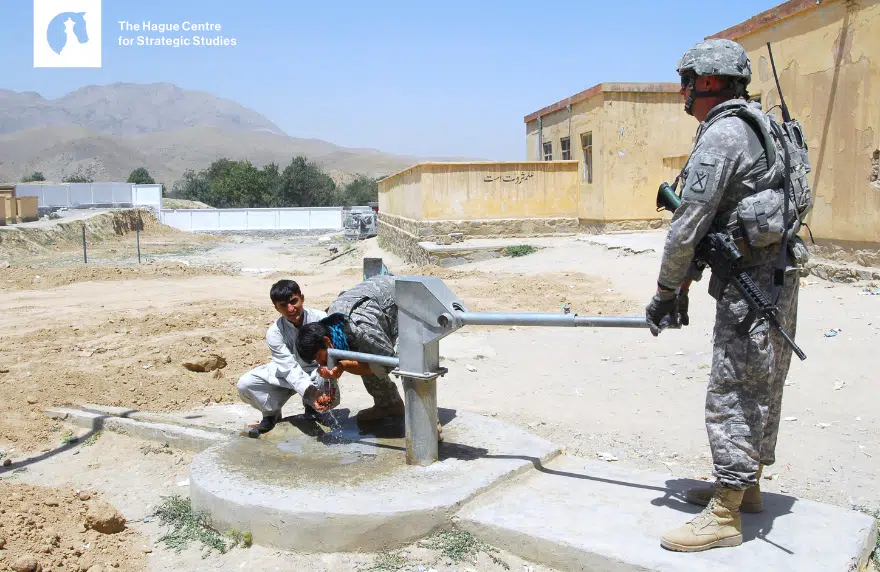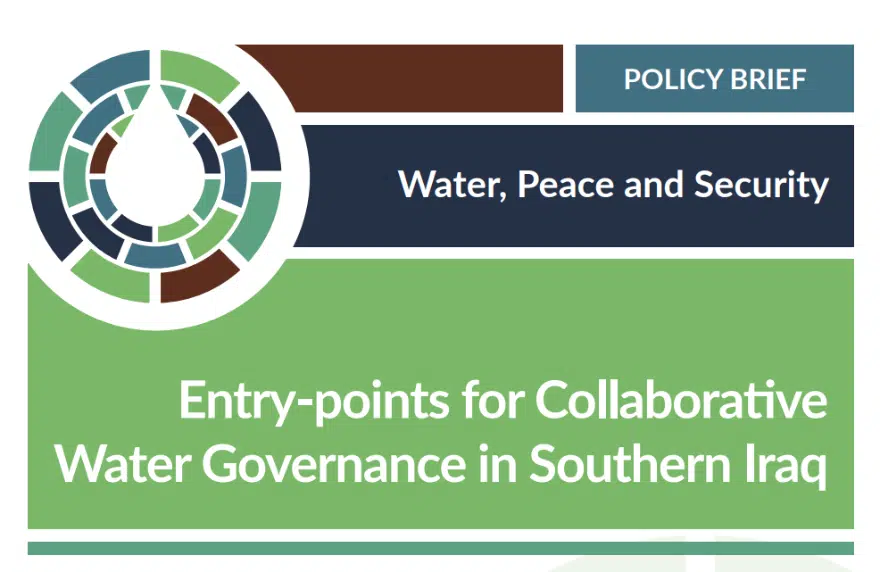Research
Control over water has become an entrenched part of strategic considerations for groups governing Syria, both due to the role played by water infrastructure in projecting power across the Syrian territory, and the fact that irrigation is currently the ‘sine qua non’ of food self-sufficiency ambitions.
As Syria enters a reconstruction phase, how can the HTS-led transitional government use water governance to contribute to peace and stability in Syria?
Our newest snapshot by Benedetta Benzoni argues two things:
- HTS will have to strike a balance between accounting for the security considerations of controlling water infrastructure, and strengthening water co-governance mechanisms with other groups – including the SDF – to make meaningful progress towards stable peace.
- The transitional government must temper food self-sufficiency ambitions and walk back the over-reliance on irrigation in agriculture, in order to effectively handle internal security concerns related to extreme water stress.
You can read the full analysis here.
Author: Benedetta Benzoni; Editors: Laura Birkman and Irina Patrahau
Cover photo: Pexels, A Person by a River by Khaled Akacha

Assessed Control of Terrain in Syria as of February 9, 2025, 14:00 EST. As shown, almost all major rivers (shown in blue) traverse multiple jurisdictions. Source: Institute for the Study of War & Critical Threats Project








